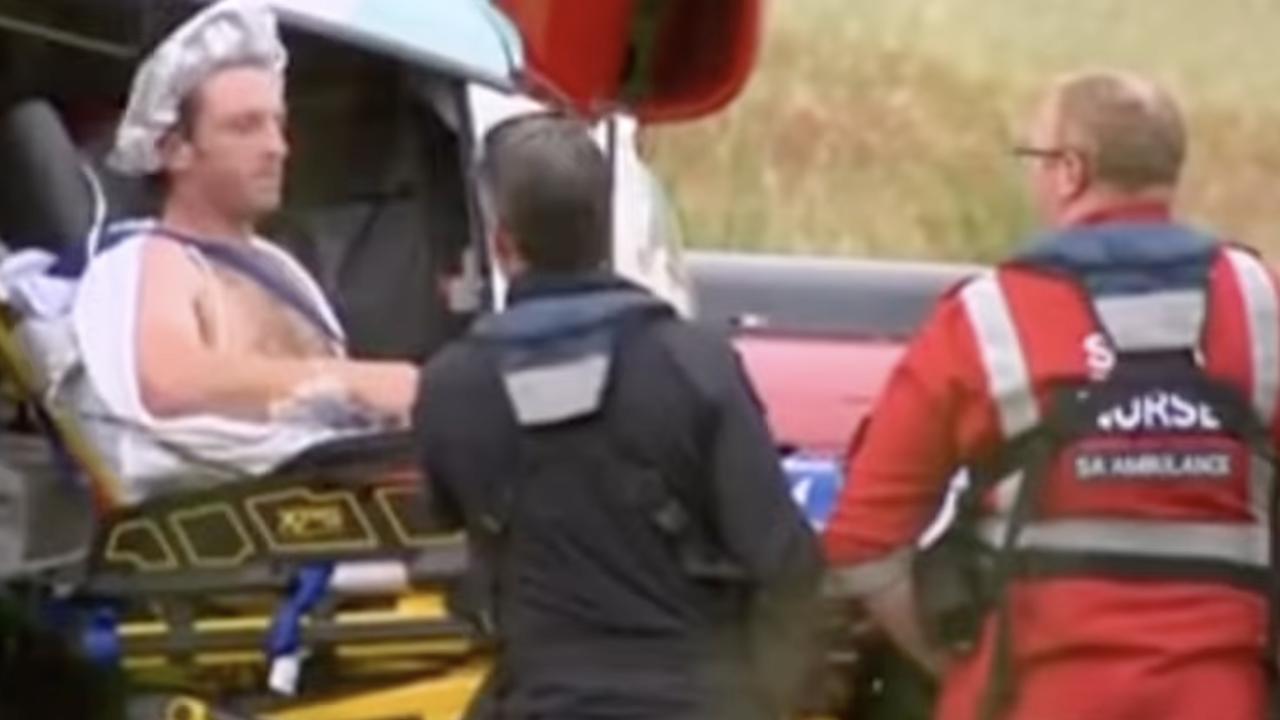British man plunges to death while climbing ‘hell’ Pichincha volcano in Ecuador
Friends have remembered and paid tribute to the 25 year old who died while trying to summit the Ecuadorean volcano dubbed “hell”.
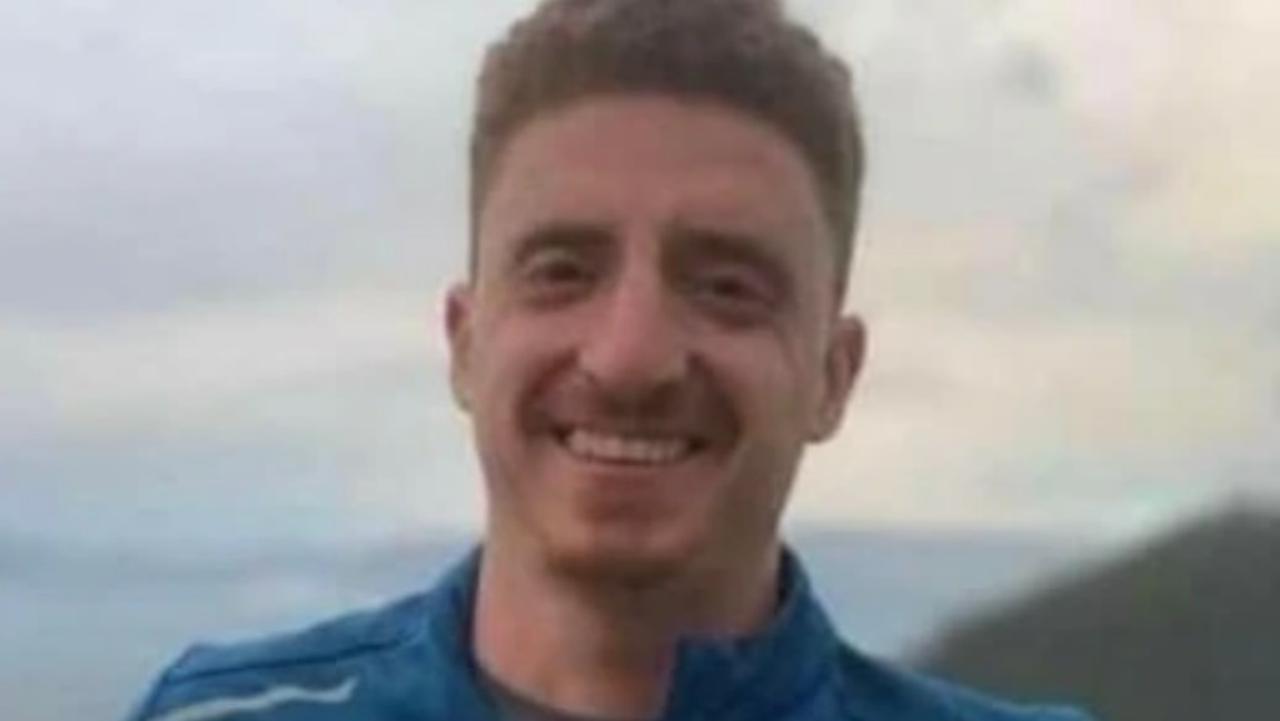
A British man has died in a horror plunge while attempting to climb a volcano in Ecuador.
Gil Banks, 25, was trying to summit the Pichincha volcano near Quito when he fell to his death on Sunday, August 14.
Banks, originally from London, was enjoying travelling in South America after finishing his military service.
His friends paid tribute to him, saying he had a “great smile” and was an ”extraordinary runner”, The Sun reports.
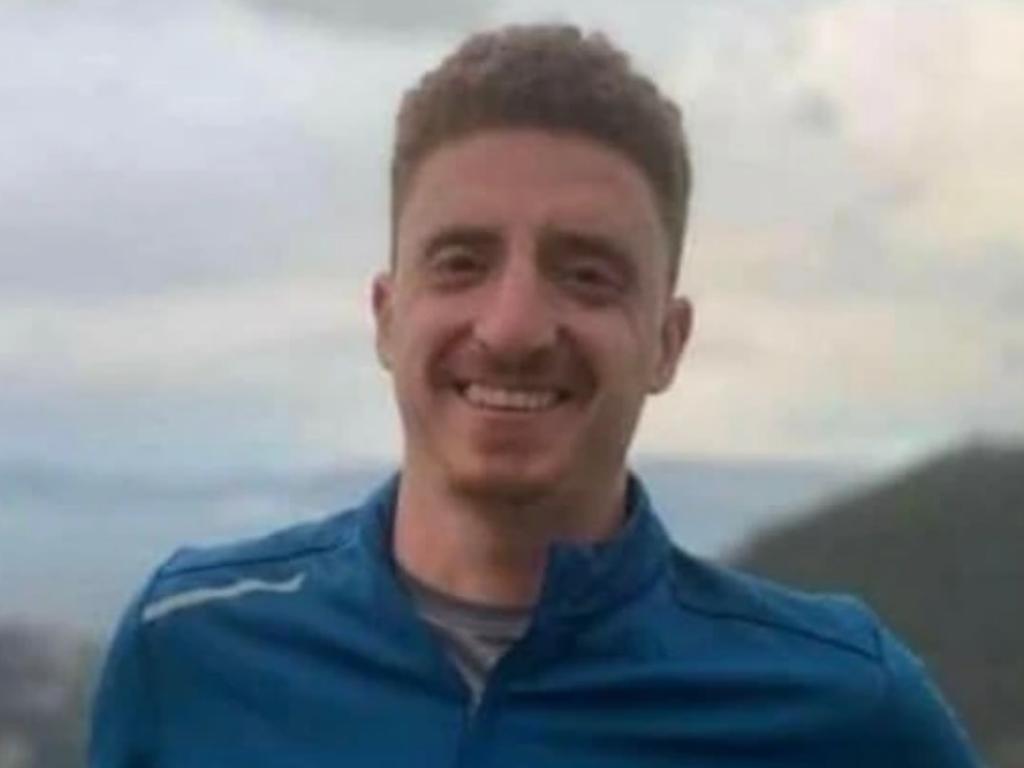
The huge Pichincha volcano tops out at around 15,000ft with two peaks, Wawa and Ruku.
The Ecuadorean volcano was dubbed as “hell” or the ”underworld” by 18th century French geographer Charles-Marie de La Condamine.
And its most recent eruption was in August 1998, leaving nearby Quito covered in ash.
After being born in the capital, he moved to Scotland where he grew up in Newton Mearns before emigrating Israel.
Gil’s death was confirmed in a statement released by the Israeli Embassy in Ecuador.
He died while attempting to climb the Ruku peak.
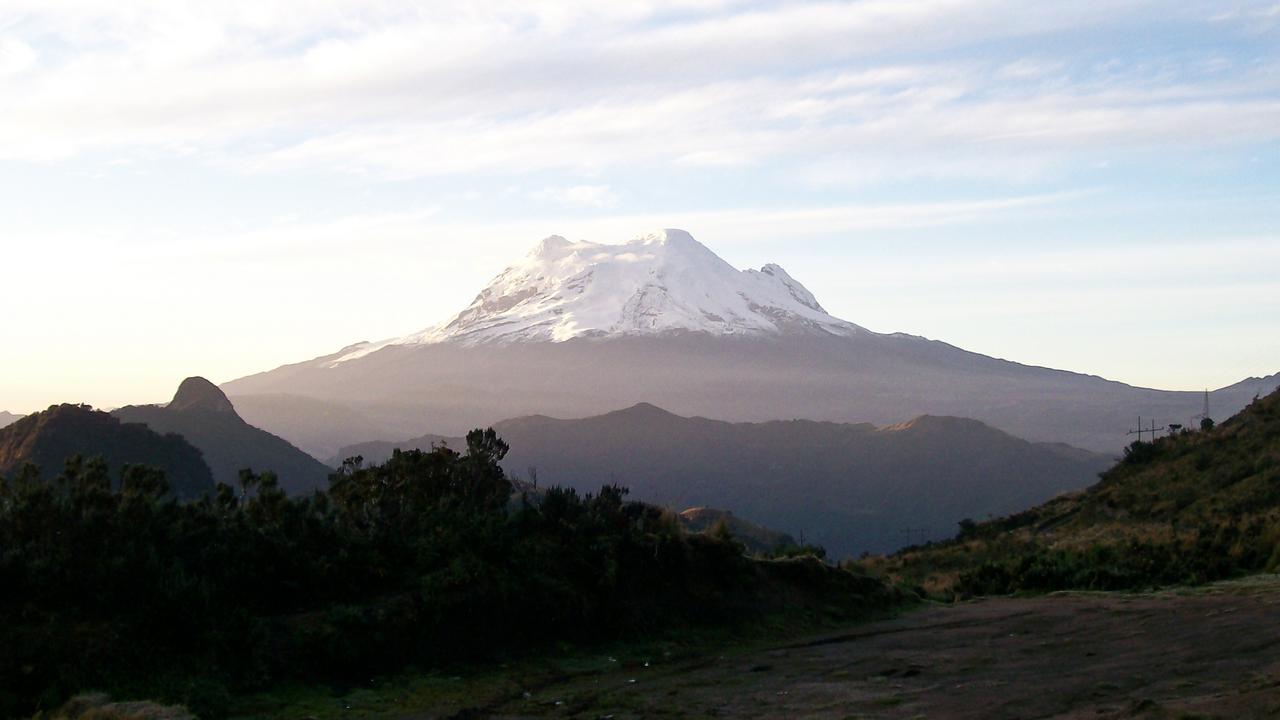
It was reported he had just finished his compulsory Israeli military service as he had been working with an elite military unit.
“I remember him, with his wild red hair and great smile,” friend and coach Eduardo Finkelstein said
“He was an extraordinary runner.”
“It was a great honour and fun for me to be part of his journey that was supposed to end completely differently,” childhood friend Oz Hochman added
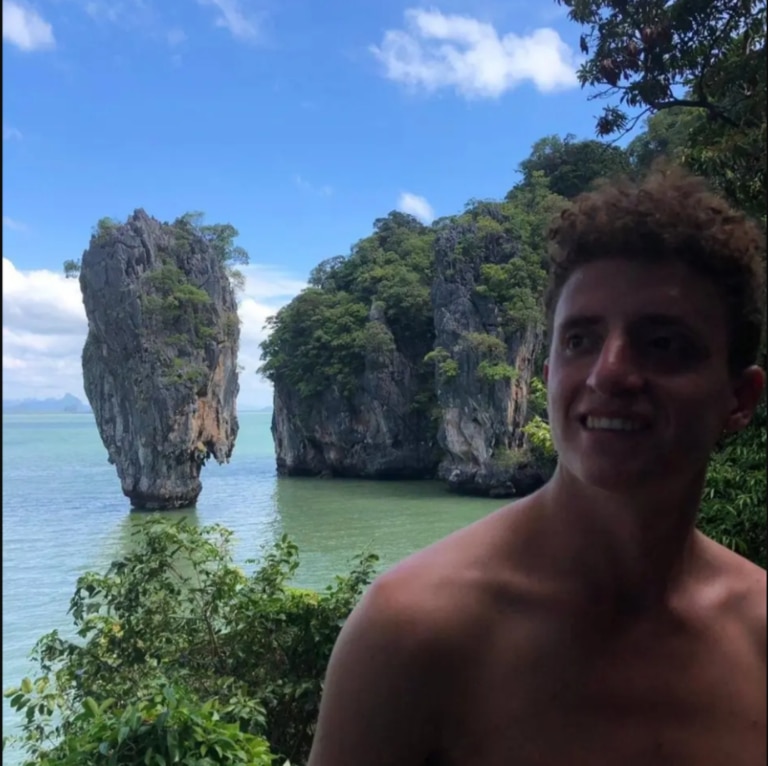
“I can’t believe I’m separating from you but, on the other hand, I know that experiences with you will accompany me until the end of the world.”
The mountain has long been considered sacred by Indigenous peoples who lived around its slopes.
Before the eruption in 1999, the last time the volcano blew its top was in 1553 and 1660.
The 1660 blast saw 12 inches of ash coat the landscape.
The first recorded ascent was in 1582 by a group of locals led by José Ortiguera.
This article first appeared in The Sun and was reproduced here with permission.




